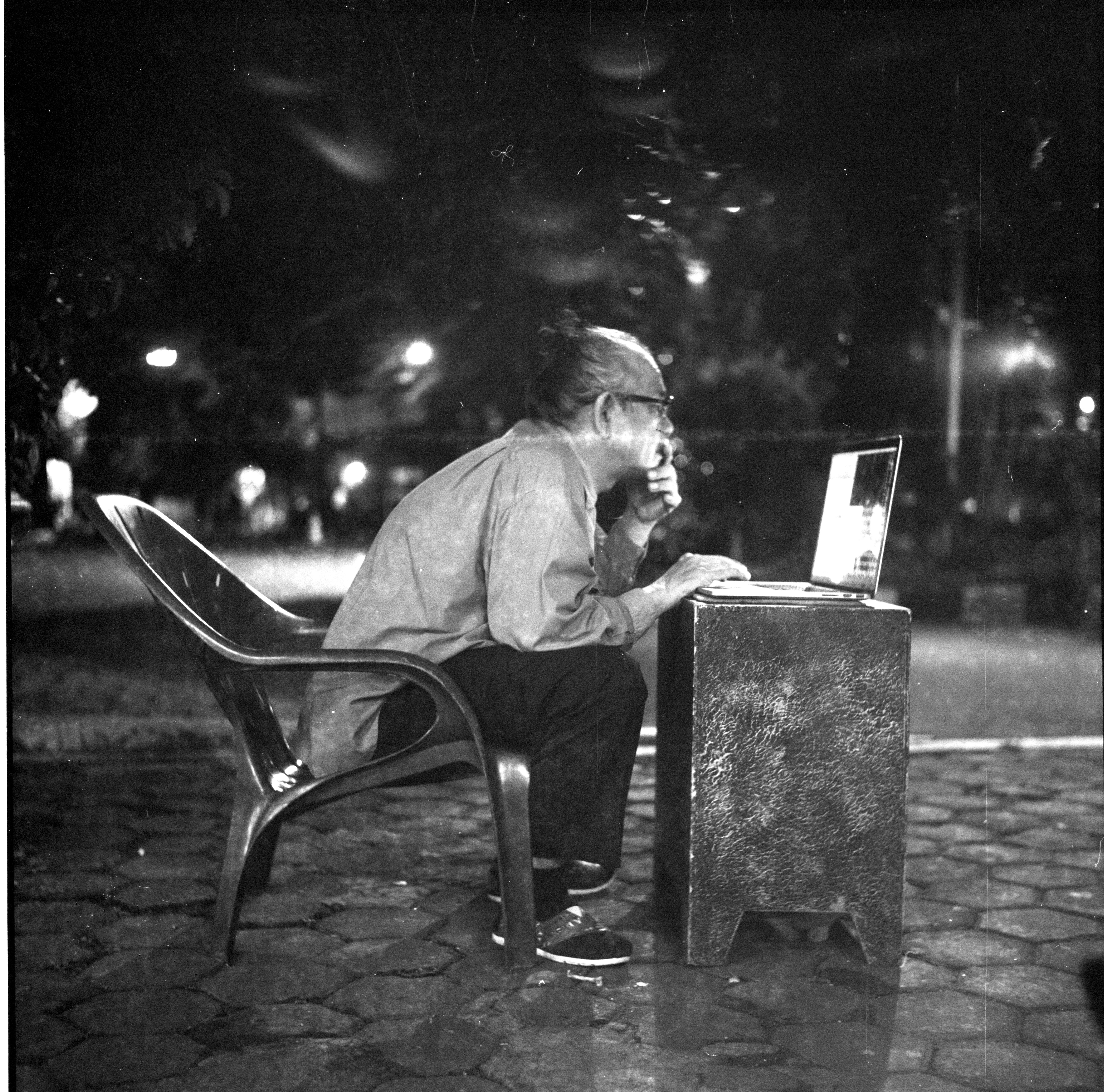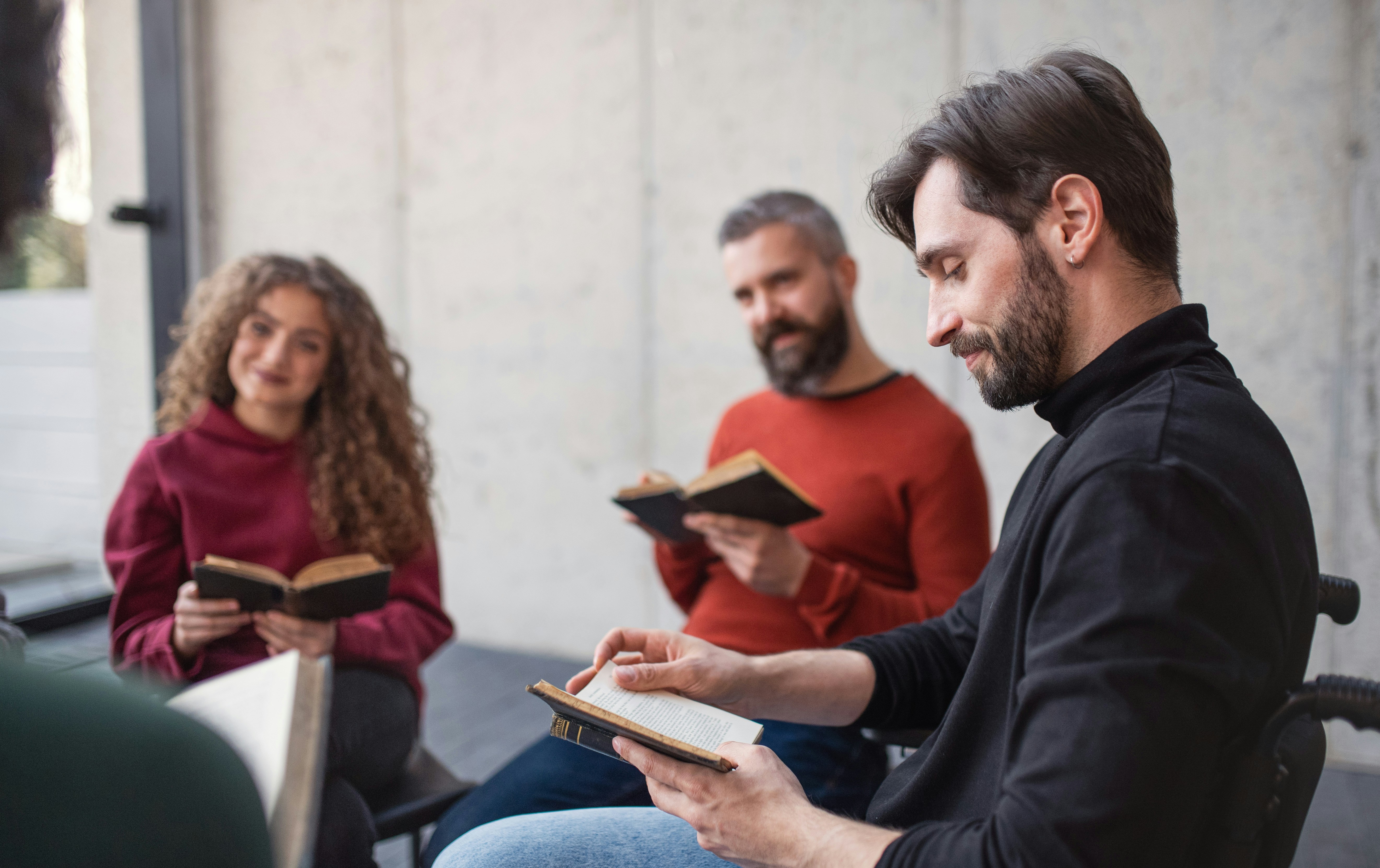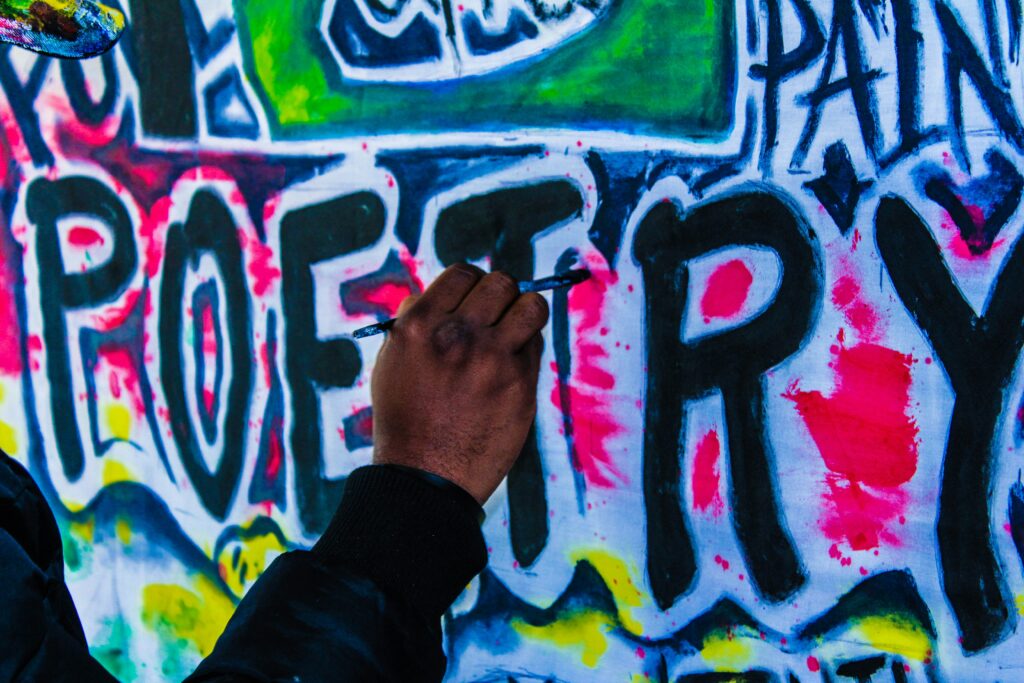Discover how poetry transcends cultural barriers, fosters empathy, and is a powerful connection and social change tool.

Poetry Is Art
Understanding the Transformative Nature of Poetry
Poetry has been a powerful form of expression across cultures for centuries, as a bridge fostering understanding among diverse groups. This artistic medium resonates deeply with the emotional fabric of humanity, emphasizing shared experiences that transcend geographical and cultural boundaries. For instance, the poetry of Pablo Neruda from Chile captures the essence of love and loss in ways that resonate with readers worldwide, regardless of their background. His poem “If You Forget Me” speaks to the universal fear of abandonment and the longing for connection, illustrating how personal emotions can reflect more extensive human experiences. Platforms like Mecella enhance this cultural exchange by providing a venue for poets to share their work, encouraging dialogue and empathy through their words.
The emotional impact of poetry allows individuals from various backgrounds to engage with themes that reflect their own lives, making it an accessible art form. Poetry often reflects societal values and norms, providing insight into the cultural context from which it originates. This cultural reflection is evident in the works of Maya Angelou, whose writings address race and identity, helping bridge gaps between people from different walks of life. In her poem “Still I Rise,” Angelou speaks to resilience in the face of oppression, showing how her personal narrative resonates with broader struggles against injustice. Such examples reveal how poetry not only connects us but also enriches our understanding of each other, creating a tapestry of human experience that we can all relate to.
The Historical Significance of Poetry
Throughout history, figures like Langston Hughes and Audre Lorde have used poetry as a powerful tool to address issues of race, identity, and social justice, inspiring movements that seek equality and recognition. Hughes’ work during the Harlem Renaissance helped to elevate African American voices, showcasing the richness of Black culture while challenging the status quo. For instance, his poem “The Weary Blues” captures the soulful essence of blues music, intertwining it with the struggles of the African American experience. These works are not just artistic expressions; they document struggles and societal changes, creating a narrative that resonates with future generations.
Moreover, poetry is crucial in preserving cultural narratives and amplifying marginalized voices. Indigenous cultures often rely on poetry as a method of storytelling, ensuring that their histories and traditions are passed down through generations. For example, the Native American poet Luci Tapahonso weaves traditional stories into her poetry, highlighting the importance of cultural heritage while addressing contemporary issues her community faces. This preservation of culture is vital, fostering a deeper appreciation of the diverse backgrounds that shape our collective human experience. By celebrating these unique voices, poetry honors the past and empowers future generations to continue the dialogue around identity and social justice.
Poetry as a Universal Language
One of poetry’s most remarkable qualities is its ability to transcend linguistic barriers, allowing individuals to connect through shared themes and emotions. The concept of “duende,” which refers to the passion and emotional depth in writing, resonates universally, showcasing how poetry can evoke feelings that bind us together. The works of Rumi, a 13th-century Persian poet, exemplify this universal connection. His verses, rich in emotion and spirituality, have crossed cultural boundaries, touching the hearts of readers worldwide, regardless of their native language. Rumi’s poem “The Guest House” beautifully illustrates the human experience of welcoming all emotions, both joyful and sorrowful, as necessary aspects of life.
Engaging with poetry is also beneficial for mental health, serving as an outlet for emotional expression and resilience. It allows individuals to articulate their feelings in a manner that can promote healing and self-discovery. The therapeutic nature of poetry is increasingly recognized in clinical settings, where it provides a safe space for individuals to explore their emotions. Moreover, translating poetry introduces readers to the cultural nuances and emotions embedded in the original works, enriching their appreciation for different literary traditions. This translation process can also highlight how similar themes manifest in different cultures, allowing for a greater understanding of shared human experiences. Collaborative poetry projects can further enhance this experience by fusing diverse styles and themes, celebrating the beauty of our shared humanity.

The Role of Spoken Word Poetry
Spoken word poetry has emerged as a vibrant form of expression that often addresses contemporary social issues, providing a platform for voices that challenge societal norms. Events like poetry slams and festivals encourage community engagement and cultural exchange, inviting audiences to connect with poets on a personal level. For instance, performances by artists like Sarah Kay and Phil Kaye have captivated audiences around the world, as their heartfelt delivery creates immediate emotional connections with listeners. Their poem “When Love Arrives” exemplifies how spoken word can address love and heartbreak in a way that resonates with people from all walks of life.
The performative nature of spoken word makes it accessible and impactful, often incorporating elements of music and movement that enhance its emotional resonance. This dynamic form of poetry encourages participation and fosters a sense of community among both the performers and the audience. Platforms like Mecella feature various spoken word content, inviting users to explore this expressive art form and engage with the powerful messages conveyed through performance. Additionally, spoken word can serve as a form of activism, allowing poets to use their voices to advocate for social change and inspire action within their communities.
Cross-Cultural Communication Through Poetry
Poetry serves as a potent vehicle for enhancing empathy and understanding among diverse populations. Poets like Sherman Alexie and Luci Tapahonso create works that resonate with their communities while inviting broader reflection on shared experiences. Alexie’s poetry often reflects the complexities of Native American identity, addressing themes of displacement and cultural heritage while urging readers to engage with these narratives. By incorporating poetry from different cultures into educational curricula, we foster appreciation and comprehension among students, allowing them to engage with literature that reflects a variety of voices and perspectives.
Collaborative anthologies featuring poets from diverse backgrounds can further highlight shared experiences and cultural differences, enriching our collective understanding. These anthologies not only showcase a wide range of poetic styles but also serve to educate readers about the cultural contexts from which these poems emerge. Initiatives that promote poetry translation also play a significant role in cross-cultural dialogue, allowing poets to share their unique voices with a global audience, enhancing our interconnectedness through the written word. Such exchanges allow for the exploration of themes like love, loss, and identity, revealing how, despite our differences, we share fundamental human experiences.
The Impact of Poetry on Personal Identity
Writing poetry encourages self-discovery and personal reflection, allowing individuals to articulate their innermost feelings in ways that can be transformative. Poetry therapy has gained recognition in clinical practice, providing a valuable tool for those who struggle to express emotions verbally. This therapeutic approach can empower individuals to confront their feelings and experiences, fostering healing and growth. Sharing personal poetry through platforms like Mecella fosters community and connection among individuals who have similar experiences, creating a supportive environment for self-expression.
Moreover, personal narratives in poetry can help individuals navigate their identities, especially within multicultural contexts. Poetry can serve as a mirror, reflecting the complexities of personal and collective identity while encouraging writers to explore their roots and cultural influences. Engaging in poetry writing empowers voices to be heard in a crowded landscape, enabling individuals to explore and embrace their unique identities while finding common ground with others through shared experiences. This process of self-exploration through poetry not only strengthens individual identity but also contributes to a greater understanding of the diverse fabric of society.
Poetry and Social Change
The role of poetry in mobilizing communities against oppression cannot be overstated. It is a powerful call to action for equality and fairness, prompting critical thinking and encouraging dialogue that can lead to social change. The integration of poetry in activism has historically been significant, exemplified by the works of poets such as Audre Lorde and Adrienne Rich, who articulated collective grievances and aspirations during pivotal movements. Their writings inspired action and provided a voice to those who felt unheard. For instance, Lorde’s poem “A Litany for Survival” powerfully addresses the fears of marginalized communities, urging readers to confront these fears and take a stand against injustice.
Contemporary poets continue to use their platforms to advocate for crucial issues, including climate change and social justice. For instance, Amanda Gorman’s performance at the presidential inauguration highlighted the potential of poetry to inspire hope and unity amidst adversity. Her poem “The Hill We Climb” encapsulates the challenges faced by society while emphasizing the importance of resilience and collective action. Through poetry, communities can articulate their struggles, fostering a sense of solidarity and shared purpose in the pursuit of justice. This engagement not only empowers individuals but also cultivates a collective consciousness that is essential for effecting meaningful change in society.
Global Poetry Movements
Movements like the Beat Generation and contemporary spoken word movements illustrate poetry’s role in cultural and social evolution. The Beat Generation poets, including Allen Ginsberg and Jack Kerouac, challenged societal norms and celebrated individuality, paving the way for future generations of poets to explore themes of freedom and identity. Poetry festivals around the world, such as the Dodge Poetry Festival in the United States and the Jaipur Literature Festival in India, celebrate diverse voices, encouraging cultural exchange and fostering global connections. These festivals provide a platform for poets to share their work, while also engaging audiences in discussions about the power of poetry to inspire change.
Mecella’s involvement in promoting these global poetry movements allows for greater visibility and appreciation of diverse poetic expressions, showcasing the breadth of human experience captured through poetry. International poetry competitions also play a vital role in highlighting emerging voices and promoting intercultural dialogue. Such events not only celebrate individual achievements but also emphasize the interconnectedness of poets across the globe, revealing how shared themes of love, loss, and identity resonate universally. Global poetry anthologies often highlight thematic connections that transcend borders, emphasizing shared human experiences that unite us all.
The Healing Power of Poetry
Engaging with poetry has been shown to improve mental health outcomes, serving as an emotional outlet for individuals. The therapeutic benefits of poetry can be observed in various settings, including hospitals and community centers, where it provides a means for healing and self-expression. Programs that incorporate poetry therapy have demonstrated effectiveness in helping individuals cope with grief, trauma, and mental health challenges. Writing prompts and workshops, such as those offered by Mecella, encourage individuals to explore their personal narratives through poetry, creating a sense of belonging and shared experience.
Poetry can also facilitate the processing of grief, allowing individuals to express complex emotions related to loss. For example, many writers have used poetry as a means of coping with the death of a loved one, finding solace in the act of writing about their experiences. Group poetry sessions create a supportive atmosphere, enhancing emotional support among participants, and reinforcing the idea that healing can be a communal journey. Through shared storytelling, individuals can find validation in their experiences while discovering that they are not alone in their struggles. This communal aspect of poetry not only nurtures individual healing but also strengthens community bonds, highlighting the power of words to connect us in our most vulnerable moments.

Embracing the Connection Through Poetry
The transformative power of poetry lies in its ability to connect people across cultures, fostering understanding and empathy through shared experiences. By participating in poetry communities and sharing their work on platforms like Mecella, individuals contribute to a global dialogue that emphasizes connection and healing. Poetry is not just a form of art; it is a vital means of communication that unites us in our shared humanity. The emotional resonance found in poetry transcends language and cultural barriers, inviting readers and writers alike to explore what it means to be human.
This exploration is essential for fostering a more compassionate world where understanding and empathy can flourish. By embracing the power of poetry, we can celebrate our differences while recognizing the common threads that bind us. Explore the beauty of words and the power of human connection by visiting Mecella for more details on engaging with poetry today.
For poetry and more, visit Mecella.

